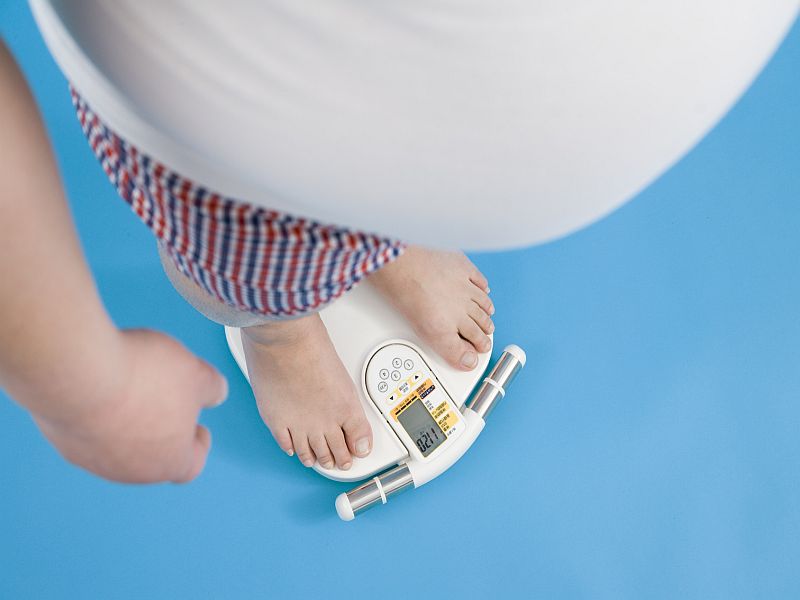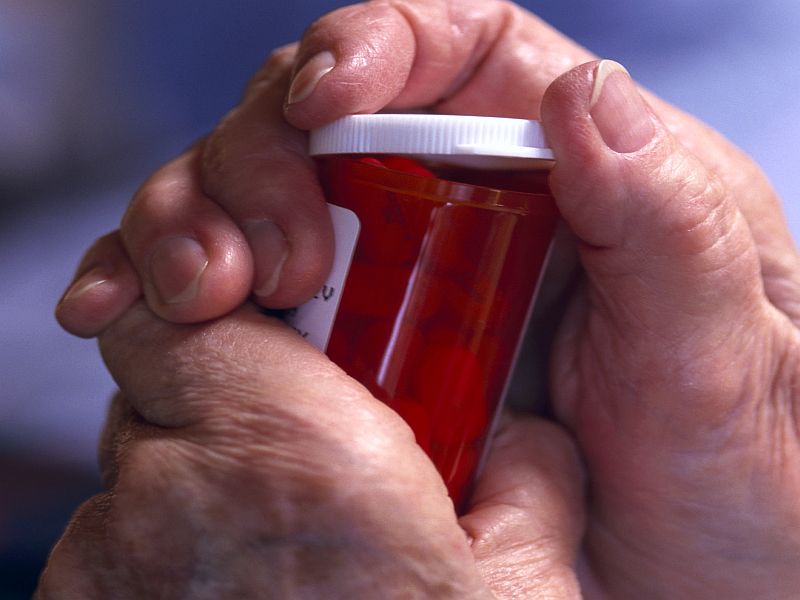
One way to get better medical care and more value for your health care dollars is to find yourself a primary care provider, researchers say. For the study, researchers analyzed data from more than 70,000 U.S. adults who took part in a Medical Expenditure Panel Survey. Of those, more than 49,000 had a primary care… read on >

















